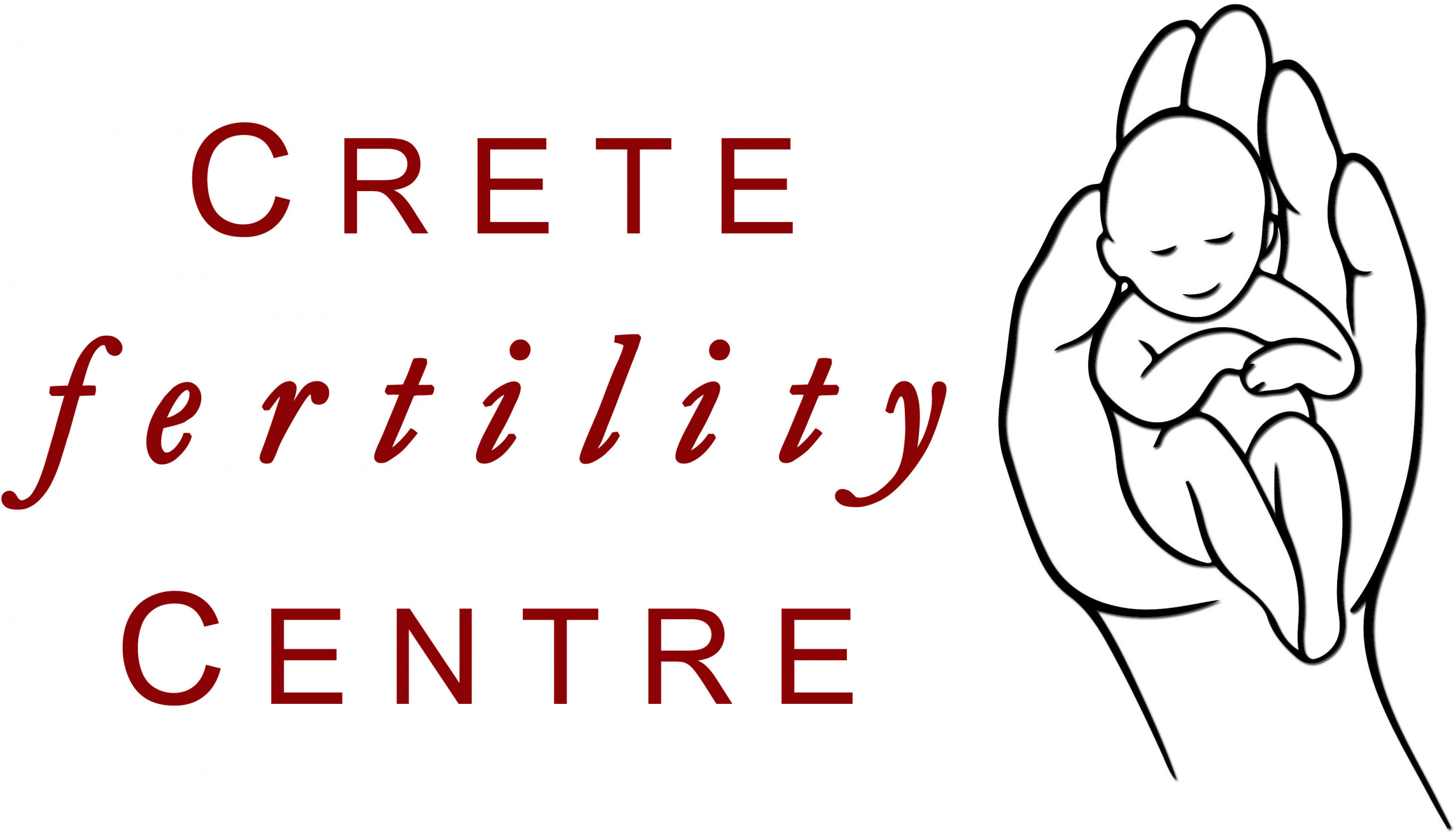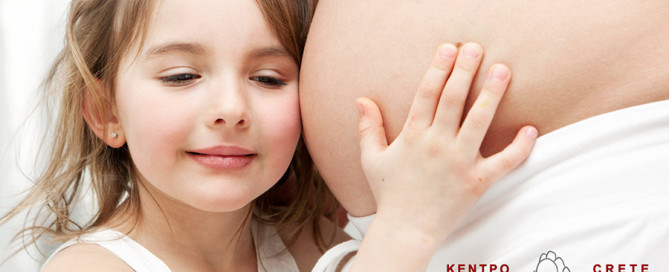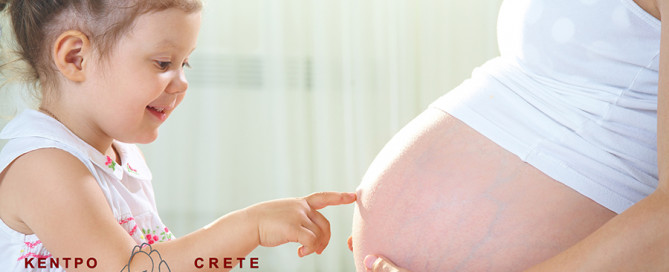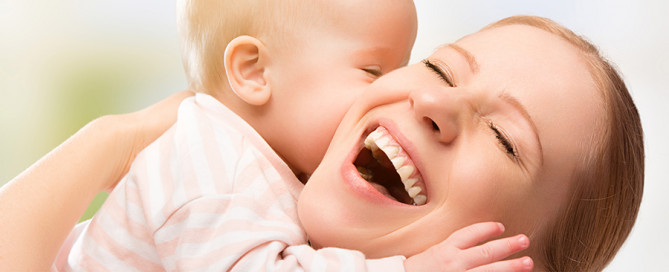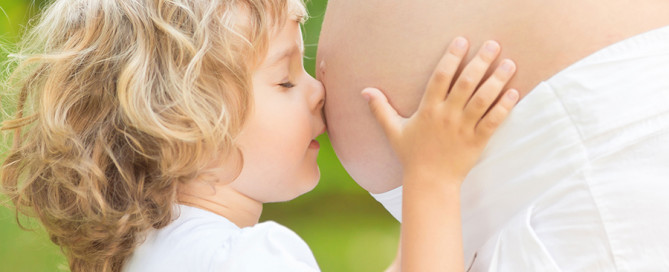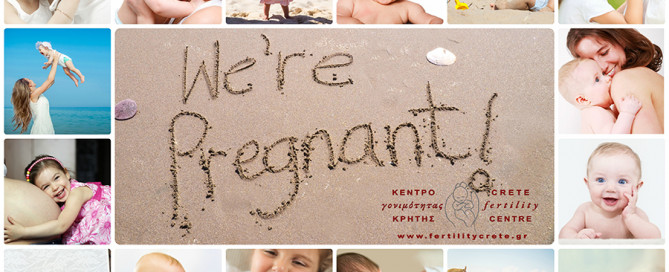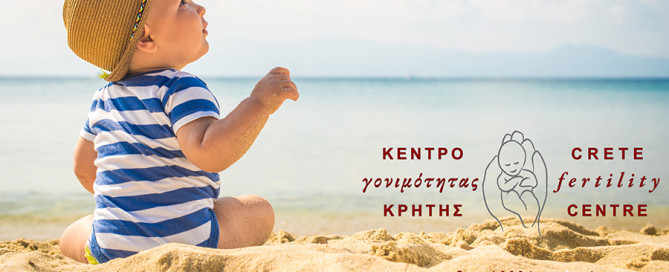Fertilized egg cells trigger, monitor loss of sperm’s epigenetic memory
Scientists from the Institute of Molecular Biotechnology (IMBA) in Vienna, Austria, have discovered how an embryo's genomic integrity is safeguarded during the first 24 h after fertilization. Insights into this mechanism have implications for improving in vitro fertilization. The events triggered when sperm meets an egg are not only life changing for the parents but
